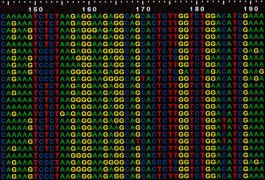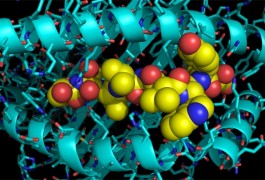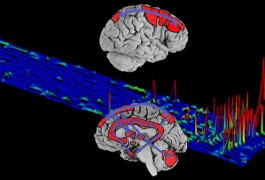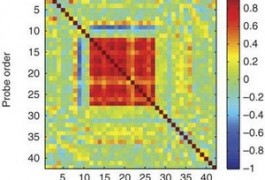Power shortage
One of the largest genome-wide association studies for autism spectrum disorders, reported last week in Human Molecular Genetics, allows only one definitive conclusion: it isn’t large enough.

One of the largest genome-wide association studies for autism spectrum disorders, reported last week in Human Molecular Genetics, allows only one definitive conclusion: it isn’t large enough.

Two independent teams have identified the genetic culprits of three rare, inherited diseases by sequencing the genomes of several members of the same family. As the cost of whole-genome sequencing plummets, this family-based approach will reveal candidate genes not just for rare diseases but for common, complex disorders such as autism, experts say.

Attention deficit hyperactivity disorder (ADHD) and autism may have more in common than childhood onset and a few similar symptoms. New research suggests the conditions share genetic roots.

Writing in Science, leading scientists call for a 10-year, $2 billion international scheme that would combine the latest in genetics and animal research to combat psychiatric diseases.

Researchers are using dogs as models of psychiatric and behavioral conditions, including obsessive-compulsive disorder and autism.

The Psychiatric GWAS Consortium has released its first batch of analyses, identifying several significant common variations associated with schizophrenia. The results were presented Sunday at the World Congress of Psychiatric Genetics in San Diego.

A team of British researchers has garnered some of the first genetic evidence supporting their theory that sex hormones play a role in the development of autism.

Several new genetic variants associated with schizophrenia lie in regions important for immune function and associated with autism. This suggests that both disorders stem partly from abnormal activation of the immune system, say some researchers.

Applying an emerging technique that combines genetic data and brain scans, researchers have identified two new genes involved in schizophrenia. The method, called ‘imaging genetics’, holds promise for linking genes to brain function in complex psychiatric disorders, including autism.

In the past few months, researchers have published dozens of reports linking single-nucleotide polymorphisms (SNPs) with susceptibility to a range of common diseases.